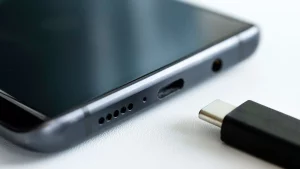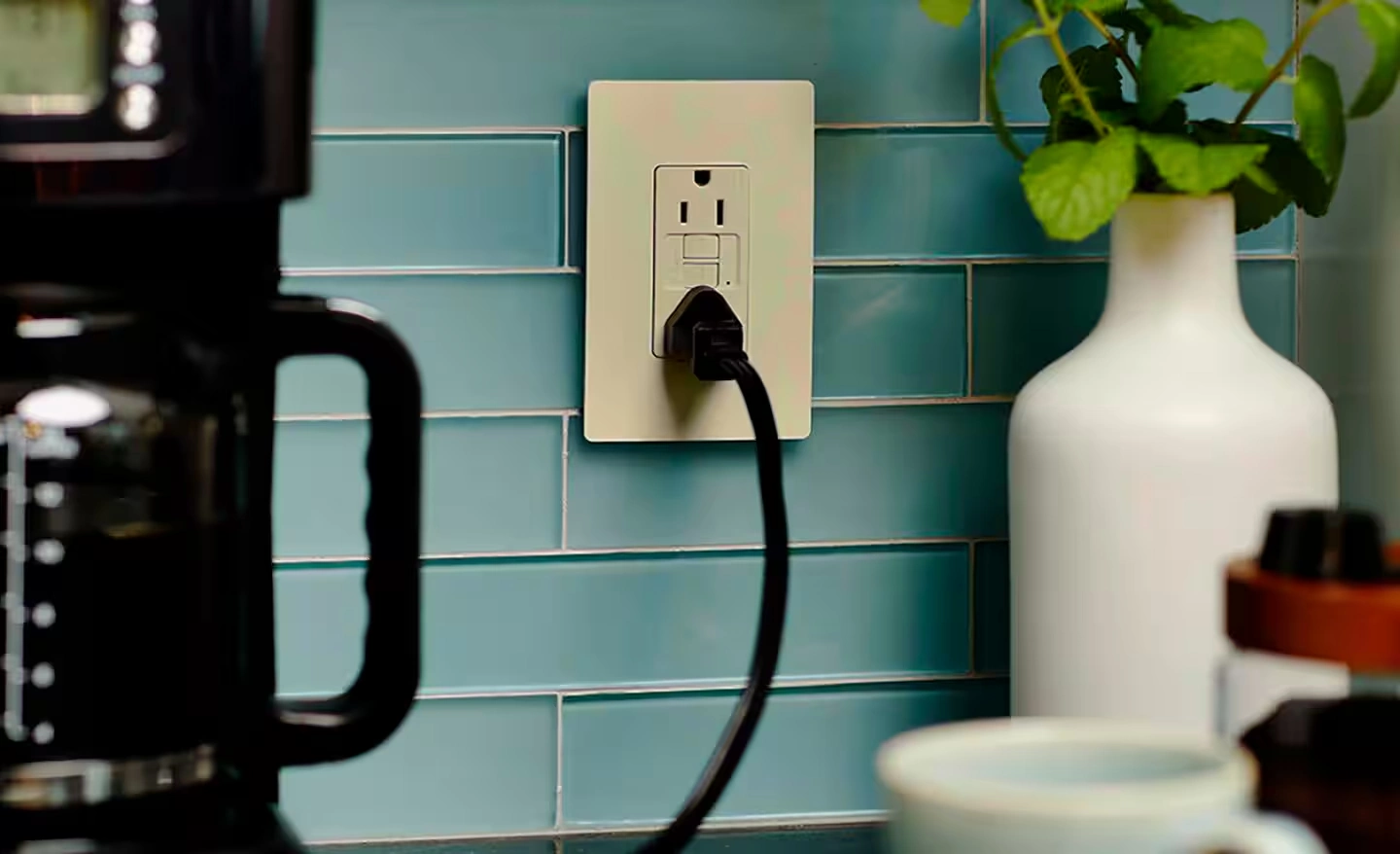When tackling smartphone charging dilemmas, applying basic computer repair techniques can yield straightforward yet efficient remedies. From checking the charging port for blockages to utilizing gentle cleaning methods, there are various steps to troubleshoot and potentially resolve common charging issues. By adhering to practical tips, users can potentially save time and money by independently addressing these issues. This initial approach sets the stage for a more seamless charging experience, eliminating the immediate need for professional assistance. Explore quick fixes for smartphone charging problems to ensure your device stays powered up and ready to go. By addressing common issues yourself, you can enjoy a more reliable charging experience and avoid unnecessary repairs.
Key Takeaways
- Check charging port and cable for damage or debris.
- Test different chargers and cables for connectivity.
- Address software glitches and close unnecessary apps.
- Monitor battery health and replace if needed.
- Clean charging port and straighten bent pins carefully.
Common Smartphone Charging Issues
Smartphone charging issues often stem from common hardware or software malfunctions that hinder the device’s ability to charge effectively. Loose charging ports, faulty cables, or outdated software can lead to charging problems. Overheating due to prolonged use or incompatible chargers may also impact the charging process. Understanding these common issues is essential for troubleshooting and resolving charging problems efficiently.
Troubleshooting Charger Connectivity
To address issues related to charger connectivity, it is crucial to conduct a thorough examination of the charging port and cable for any signs of damage or obstruction. Check for bent pins, debris, or corrosion in the port. Test different chargers and cables to pinpoint the source of the problem. Guarantee a proper fit and connection between the charger and the device. Proper troubleshooting will help resolve charging connectivity issues efficiently.
Software Solutions for Charging Problems
Efficiently diagnosing and addressing software-related issues can often provide effective solutions for charging problems encountered with smartphones. Issues like software glitches, background apps draining power, or firmware bugs can hinder charging. Ensuring that the device’s software is up to date, closing unnecessary apps, or performing a software reset can help resolve these issues. By troubleshooting software-related charging problems, users can optimize their smartphone’s charging capabilities.

Checking Battery Health
One method to assess the condition of the device’s power source involves checking the battery health. To do this, navigate to the device settings and locate the battery section. Here, you can view detailed information about the battery’s health status, including its maximum capacity and current performance. Monitoring this data can help identify if the battery needs replacement or if charging issues are related to its health.
DIY Charging Port Repair Tips
When troubleshooting smartphone charging issues, implementing DIY charging port repair tips can be a cost-effective solution. Begin by gently cleaning the charging port with a soft brush or compressed air to remove dust and debris. Check for any visible damage or misalignment in the port’s pins. If necessary, gently straighten any bent pins using a plastic tool. Remember to power off the device before attempting any repairs to avoid damage.
Frequently Asked Questions
How Can I Prevent My Smartphone From Overheating While Charging?
To prevent smartphone overheating during charging, guarantee proper ventilation around the device, avoid using the phone while charging, use manufacturer-approved chargers and cables, and consider removing the phone case to avoid trapping heat. Regularly check for software updates that optimize charging efficiency.
Is It Safe to Use Third-Party Chargers With My Smartphone?
It is generally safe to use third-party chargers with smartphones, but caution is advised. Verify compatibility with your device, check for safety certifications, and avoid extremely cheap or unbranded options. Monitor charging behavior for any signs of overheating or damage.
Can Using a Wireless Charger Affect My Phone’s Battery Life?
Using a wireless charger can affect a phone’s battery life due to factors like charging speed, heat generation, and compatibility. It is advisable to use reputable chargers and make sure they meet device specifications for best battery performance.
Why Does My Smartphone Charge Slowly Even With a Fast Charger?
Smartphones charging slowly with fast chargers can be due to various factors like cable quality, damaged ports, or background apps consuming power. Troubleshoot by trying a different cable, cleaning the port, or closing unnecessary apps to enhance charging speed.
What Should I Do if My Phone Keeps Disconnecting From the Charger?
When your phone repeatedly disconnects from the charger, check for debris in the charging port, try a different charging cable or adapter, establish a secure connection, and if the issue persists, consult a technician for further troubleshooting and repair.
Conclusion
Finally, addressing smartphone charging problems using basic computer repair techniques can effectively resolve common issues related to charging port connectivity and functionality. By troubleshooting charger connectivity, utilizing software solutions, checking battery health, and implementing DIY charging port repair tips, users can improve the charging performance of their devices without the need for professional assistance. These cost-effective solutions offer practical ways to guarantee reliable charging capabilities for smartphones.
Also Read: Advanced Computer Technology to Improve Sciatica Management





